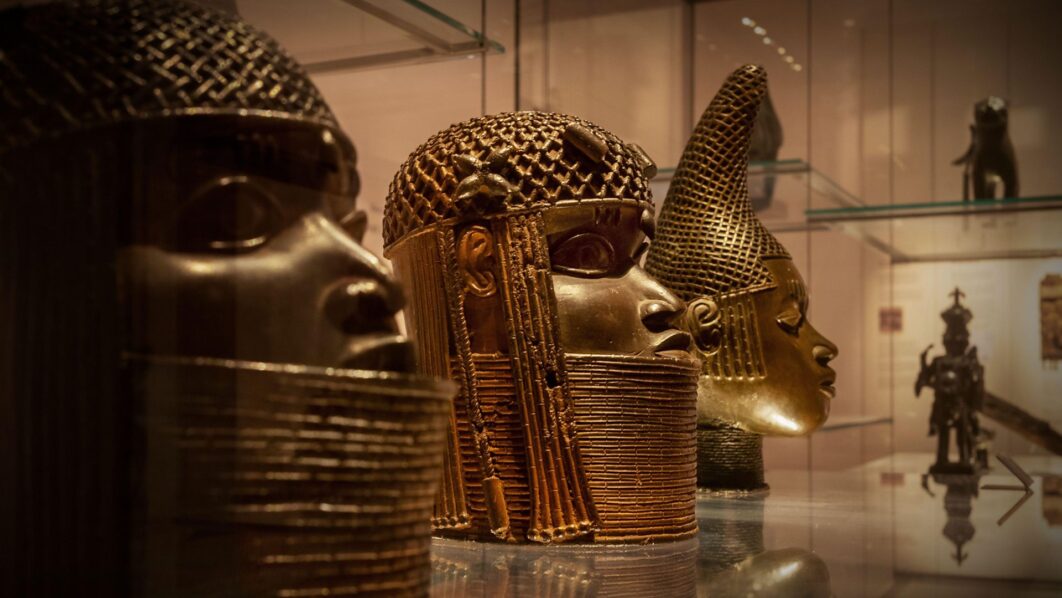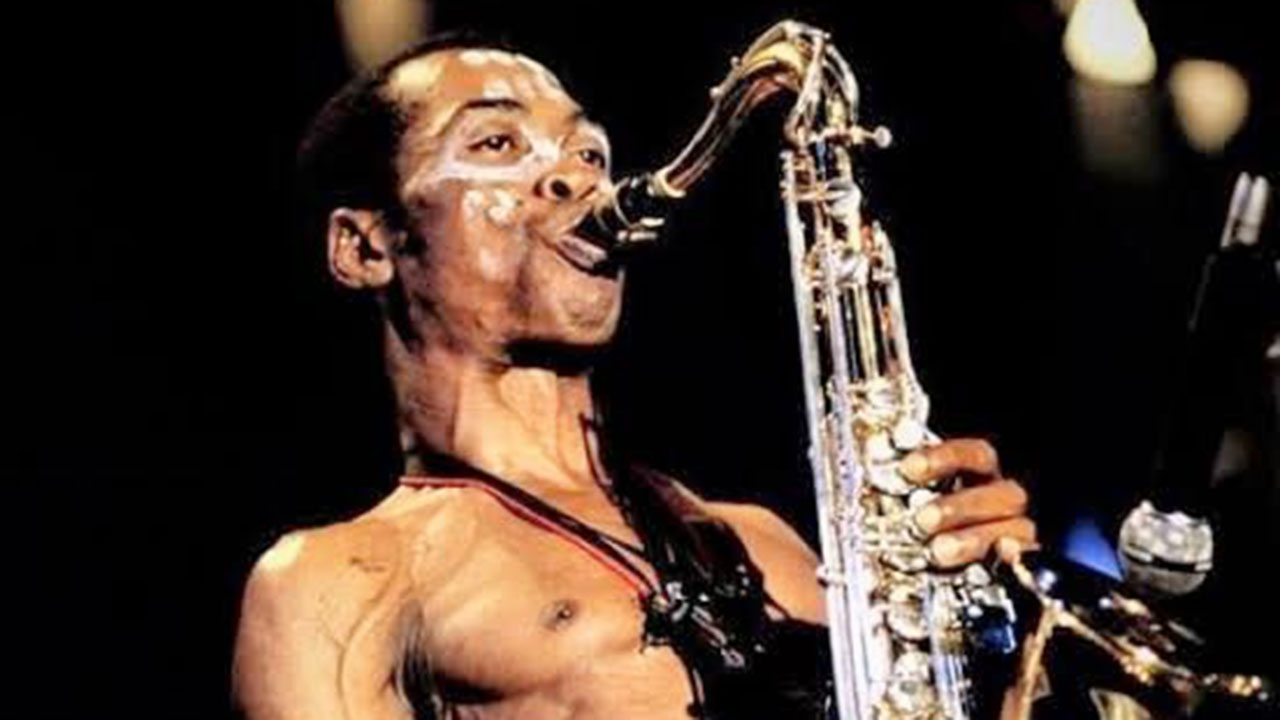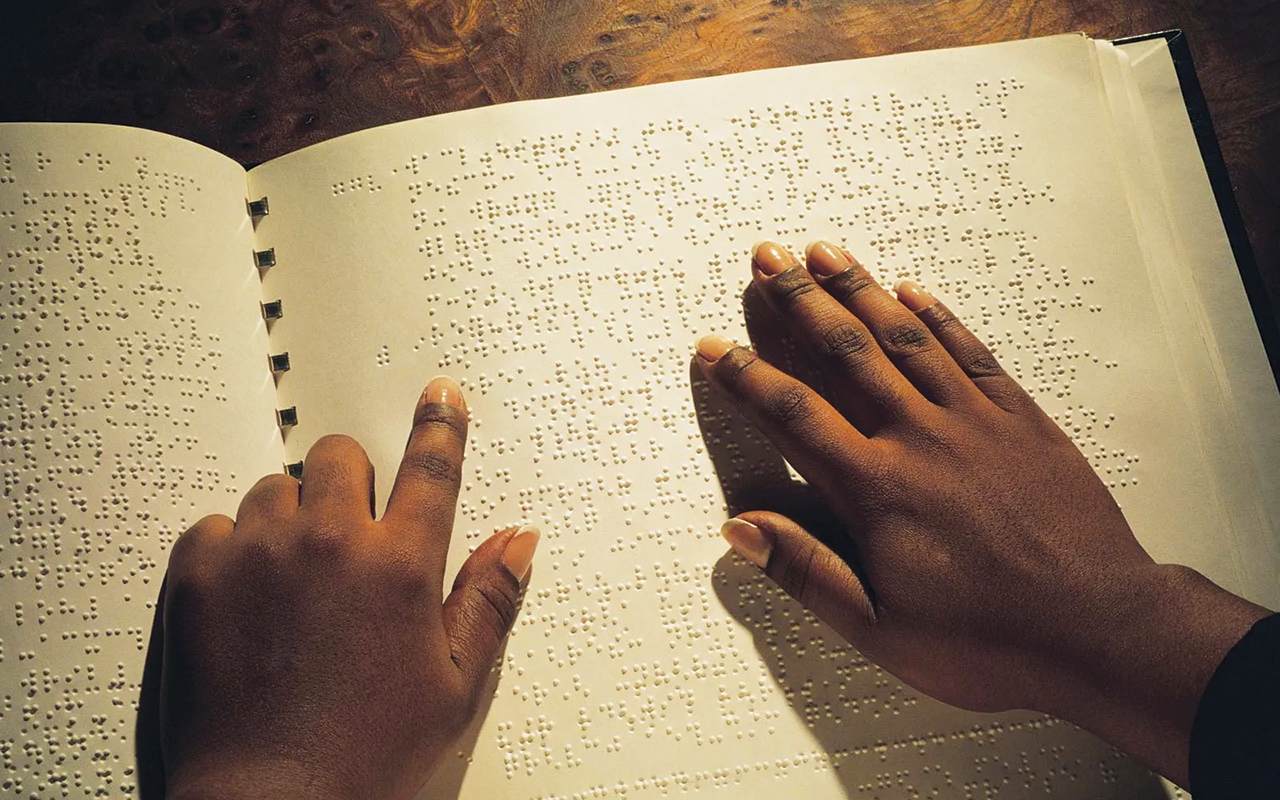
When a Cambridge University college said it would return an antique statue of a cockerel to Benin City, capital of Edo State, Nigeria, more than 120 years after British colonial forces looted it, the Federal Government responded, saying it was delighted by the announcement, and thereafter, launched a broad appeal for museums across the world to return its heritage.
Many consider the move by Jesus College as likely to step up pressure on other institutions holding plunder from the historic Kingdom of Benin and other objects from other cultures taken by colonialists during the 19th century.
The return of African art objects held by major museums in former colonial cities has become a major issue since the publication of the report French art historian Bénédicte Savoy and Senegalese writer and economist Felwine Sarr in October 2018. Both authors raised the alarm in French and European museums by recommending automatic restitutions to African states of all goods seized during the colonial era.
The 108-page study speaks of the “theft, looting, despoilment, trickery and forced consent” by which colonial powers acquired these materials. The call for “restitution” echoes the widely accepted approach which seeks to return looted Nazi art to its rightful owners.
France’s restitution move has intensified pressure on other European governments to do likewise — and given hope to other African countries. Western governments, especially Britain, have been fighting against returning objects, even those on loan, claiming that they are custodians and conservers of humanity’s cultural and natural treasures, despite these objects having been unlawfully appropriated over the ages through conquest and colonialism.
British museums have long resisted campaigns for the return of Nigeria’s Benin Bronzes, Greece’s Elgin Marbles, Ethiopia’s Magdala treasures and other loot, often citing legislation that bans them from disposing of their collections.
As then-Prime Minister David Cameron said of Greece’s Elgin Marbles and India’s Koh-i-Noor diamond: “No, I certainly don’t believe in ‘returnism’, as it were. I don’t think that is sensible.”
At a meeting on March 15, 2019, the ministers agreed to work with museums and institutions to develop repatriation procedures with “the necessary urgency and sensitivity,” and promised a dialogue with representatives from source countries. They agreed on the need to inventarise and publish details of items in ethnological collections and to prioritise the return of human remains. They also proposed establishing a central help desk to provide information on colonial-era heritage and called on all institutions in possession of such items to conduct provenance research.
The German government in 2019 allocated €1.9m to provenance research for artefacts that entered museum collections during the colonial era, with the funds to be administered by the Magdeburg-based German Lost Art Foundation. It appointed an eight-member committee including Bénédicte Savoy to select grant recipients on the basis of applications from German museums.
At the request of Nigeria, the Netherlands is returning 113 Benin Bronzes from the Dutch State Collection. This decision was taken by the Minister of Education, Culture and Science, Eppo Bruins. In 1897 British soldiers looted these objects from the Kingdom of Benin (now part of modern-day Nigeria) and sold them. They eventually ended up in the Dutch State Collection. The Benin Bronzes are an important record of the history of the Kingdom of Benin and, thus, of great significance to Nigeria. The Bronzes, consisting of plaques, personal ornaments and figures, are currently housed in the collection of Wereldmuseum Leiden. The return of these objects is the result of intensive cooperation between experts and representatives of both countries.
Minister Bruins: “This restitution contributes to redressing a historical injustice that is still being felt today. Cultural heritage is essential for telling and living the history of a country and a community. The Benin Bronzes are indispensable to Nigeria. It is good that they are going back.”
The transfer agreement will be signed in Leiden on 19 February by Mr Bruins and Olugible Holloway, Director-General of the Nigerian National Commission for Museums and Monuments.
According to DG Holloway: “The return from the Netherlands will represent the single largest return of Benin antiquities directly linked to the 1897 British punitive expedition. We thank the Netherlands for their cooperation and hope this will set a good example for other nations of the world in terms of repatriation of lost or looted antiquities.”
The return follows the publication of an advisory report by the Colonial Collections Committee, chaired by Lilian Gonçalves-Ho Kang You. The objects will be returned to the Nigerian government, which will then decide how and where they will be displayed. The Wereldmuseum hopes that the return of the objects will not mark the end of the process, but rather serve as a starting point for further cooperation between museums in Nigeria and the Netherlands.
Return Of Objects By The Municipality Of Rotterdam
In addition to the return of 113 objects from the Dutch State Collection, on February 19, the municipality of Rotterdam will also be returning a further six objects that fall under the Benin Bronzes collection. These objects – a bell, three relief plaques, a coconut casing and a staff – were also looted in 1897.
Said Kasmi, a member of the Rotterdam municipal executive: “Art and heritage should be where they belong. These objects belong in Nigeria. By returning them, we’re taking an important step towards recognising the past and respecting the value these objects hold for Nigeria.”
Advisory Report Published By The Colonial Collections Committee
On the basis of a provenance investigation conducted by the Wereldmuseum and the municipality of Rotterdam, the Colonial Collections Committee advised the minister to return these objects in line with the Netherlands’ colonial collections policy. This advisory report resulted from close consultation and collaboration with the Nigerian National Commission for Museums and Monuments. The Committee published the report on its website. This is the fifth time that the Netherlands is returning objects as a direct result of an advisory report by the Committee. The Committee is currently drawing up advisory reports in response to requests submitted by Sri Lanka, India and Indonesia.






